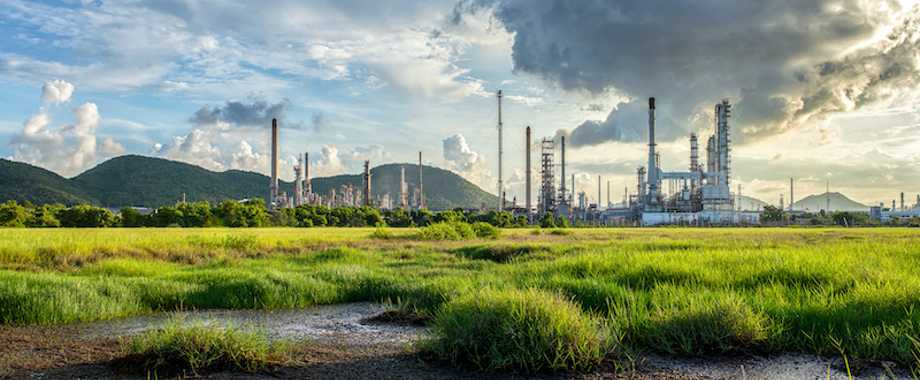
Greece Clears Key CO₂ Pipeline for Prinos Storage Hub, First in Eastern Mediterranean
Greece has approved environmental terms for the Prinos CO₂ Storage Project, clearing the way for a new 12-mile subsea pipeline, upgraded offshore platforms and injection wells that will support up to 1 million tonnes of annual CO₂ storage starting in 2027.
(P&GJ) — Greece’s Ministry of Environment and Energy has approved the environmental terms for Phase 1 of the Prinos CO₂ Storage Project, advancing the Eastern Mediterranean’s first commercial-scale carbon storage development.
The approval followed a public consultation process in which all participating authorities and technical agencies issued positive opinions. Phase 1 is designed to store up to 1 million tonnes of CO₂ per year for 20 years, with injections handled through existing offshore platforms in the Prinos basin. CO₂ will arrive primarily by pipeline, with some truck delivery to the onshore Sigma facility.
A major midstream component of the project includes construction of a new subsea pipeline of roughly 12 miles (20 km) linking the Sigma plant to the Beta offshore platform. The plan also covers upgrades at Sigma, modifications to the offshore platforms, and drilling two CO₂ injection wells and two water-production wells.
Regulators determined that the project, with imposed conditions, meets environmental standards and does not require rejection. Conditions include development of an independent offshore platform located at least 500 meters (1,640 feet) from existing hydrocarbon installations. A comprehensive monitoring program will track CO₂ storage performance, marine water quality, biodiversity, and waste handling, with results published for public review.
EnEarth Greece has already begun the tender process for a drilling rig, with drilling planned for the first half of 2026. The company is awaiting issuance of the storage permit and will also submit updated plans for the independent platform and a new environmental assessment for Phase 2, which would expand storage capacity to up to 2.8 million tonnes per year.
Phase 1 is supported by the EU’s Recovery and Resilience Facility and Connecting Europe Facility. The project is expected to begin accepting CO₂ in 2027 and reach full operation before 2030.
